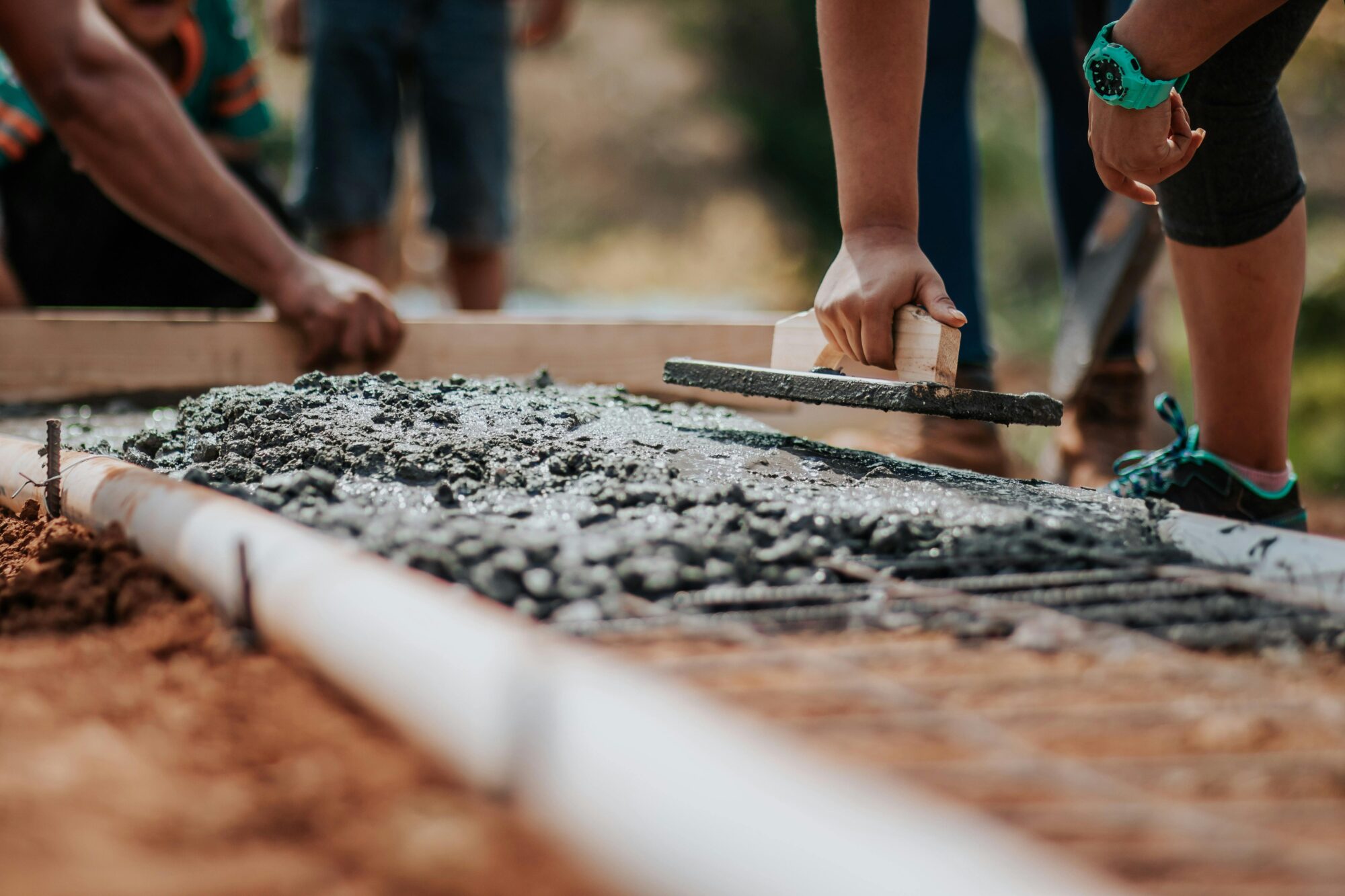Protecting and Enhancing Your Surfaces
Concrete has been a cornerstone of construction for centuries, and for good reason. It’s cost-effective, widely available, and highly durable. From sidewalks to skyscrapers, concrete is a versatile material found on almost every construction site.
Why Concrete Maintenance Matters
Despite its strength, concrete still requires proper maintenance to ensure longevity. Like any other aspect of your home or business, your concrete surfaces are part of your investment. This guide explores the importance of sealing concrete, the types of sealers available, and how sealing can significantly extend the lifespan of your concrete structures.
Benefits of Sealing Concrete
1. Protection Against Water Damage
Sealing concrete helps prevent water from penetrating its porous surface, reducing the risk of cracks and structural damage. Excessive moisture can weaken concrete over time, but sealing creates a barrier that minimizes water infiltration.
2. Resistance to Stains and Discoloration
Sealed concrete resists stains from oil, paint, and other liquids, while also protecting against UV rays that can cause discoloration. This helps maintain the concrete’s appearance and durability over time.
3. Enhanced Durability and Longevity
A well-sealed surface is better equipped to handle harsh weather and environmental factors. Properly sealed concrete can last a decade or more, reducing the need for frequent repairs or replacements.
4. Improved Aesthetic Appeal
Sealing can rejuvenate aging concrete, giving it a refreshed appearance and boosting the overall aesthetic of your property. It’s akin to painting a house—small changes can make a big difference in curb appeal.
Types of Concrete Sealers
1. Penetrating Sealers
These sealers chemically interact with the concrete, making it more resistant to moisture and freeze-thaw damage. Penetrating sealers work best for outdoor surfaces like driveways and sidewalks.
2. Acrylic Sealers
Acrylic sealers form a thin barrier on the surface of the concrete. While easy to apply, they may require more frequent maintenance. They are best suited for indoor or lightly trafficked areas.
3. Epoxy and Urethane Sealers
These sealers offer a thicker, more durable coating, making them ideal for high-traffic areas such as commercial floors or garages. They provide superior protection but may require more effort during application.
Choosing the Right Sealer for Your Concrete
1. Concrete Type and Usage
Different types of concrete require different sealers. Outdoor surfaces benefit from penetrating sealers, while high-traffic indoor areas often need epoxy or urethane.
2. Climate and Environmental Considerations
Your location’s climate plays a big role in choosing a sealer. For instance, areas with freezing temperatures require sealers that protect against freeze-thaw cycles, whereas hot, sunny climates may need UV-resistant sealants.
3. Maintenance and Durability
Consider how much maintenance you’re willing to perform. High-traffic surfaces or areas exposed to harsh weather may need more durable sealers, whereas less-used areas can be maintained with simpler solutions like acrylic.
How to Apply Concrete Sealers
1. Preparation
Before applying any sealer, make sure the surface is clean and free of debris, grease, and dust. Clear the area of furniture and allow the surface to dry completely.
2. Application
Use a roller or sprayer to apply the sealer. Start at the edges and work your way in. For indoor spaces, ensure proper ventilation and avoid walking on the surface until it’s fully dry.
3. Post-Application Care
Monitor the sealed surface for signs of wear and be ready to reapply the sealer every few years to maintain its protective qualities.
Maximize Your Investment with Concrete Sealing
Sealing your concrete is a simple but highly effective way to extend its life and maintain its aesthetic appeal. From protecting against water damage to enhancing durability, the benefits of sealing your concrete are undeniable. By investing in proper maintenance now, you’re safeguarding the value of your property for years to come.

